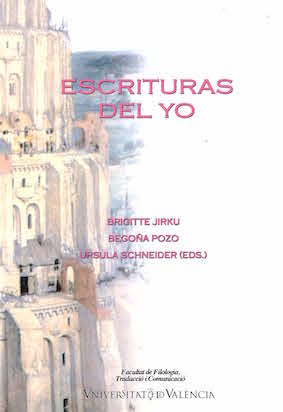‘Hier können Sie den Schriftsteller Walser sprechen hören’. Autobiografische Reflexionen in Robert Walsers Prosa
DOI:
https://doi.org/10.7203/qf-elit.v16i0.3946Keywords:
Autobiography, Imagination Process, Identity, Temporality of Writing, Poetic Reflections Abstract
Abstract
Robert Walser's texts are characterised by an extreme reflection. These deal with the problems that autobiographical writing faces in the modern era. From Walser's linguistic skepticism, we show how the author deconstructs the reference of the pronoun "I". We also reveal how the difference between writing and living, the artist and the person and the subsequent - a concept intimately linked to the former - constitute a fundamental aspect of the thematization and poetization of Walser's autobiographical writing. All in all, his portraits of artists show how the distinction between truth and falsity is suspended, how the author-subject is reflected in the described characters. Walser's "theory of reality" evinces the subjective perception and stresses the activity of the imaginary process.
 Downloads
Downloads
Downloads
How to Cite
-
Abstract183
-
PDF (Español)350
Issue
Section
License
 Este obra está bajo una licencia de Creative Commons Reconocimiento-NoComercial-SinObraDerivada 4.0 Internacional.
Este obra está bajo una licencia de Creative Commons Reconocimiento-NoComercial-SinObraDerivada 4.0 Internacional.
Authors who publish with this journal agree to the following terms:
- Authors retain copyright and grant the journal right of first publication with the work simultaneously licensed under a Creative Commons Attribution License that allows others to share the work with an acknowledgement of the work's authorship and initial publication in this journal.
- Authors are able to enter into separate, additional contractual arrangements for the non-exclusive distribution of the journal's published version of the work (e.g., post it to an institutional repository or publish it in a book), with an acknowledgement of its initial publication in this journal.
- Authors are permitted and encouraged to post their work online (e.g., in institutional repositories or on their website) prior to and during the submission process, as it can lead to productive exchanges, as well as earlier and greater citation of published work (See The Effect of Open Access).



